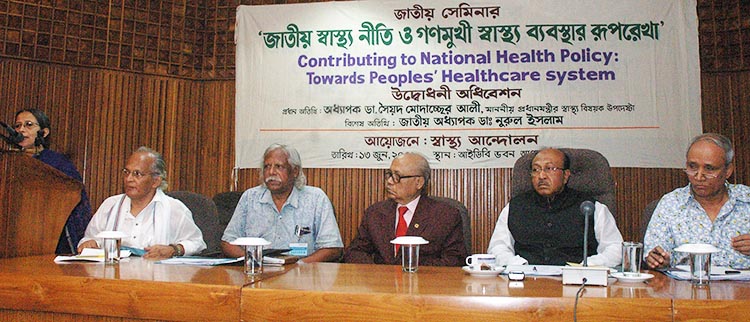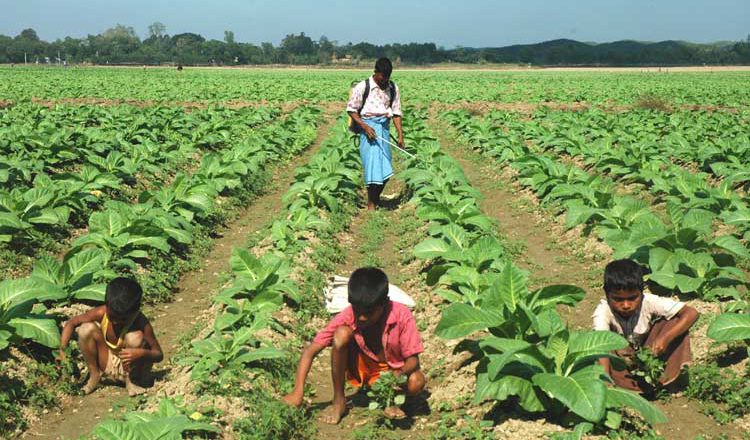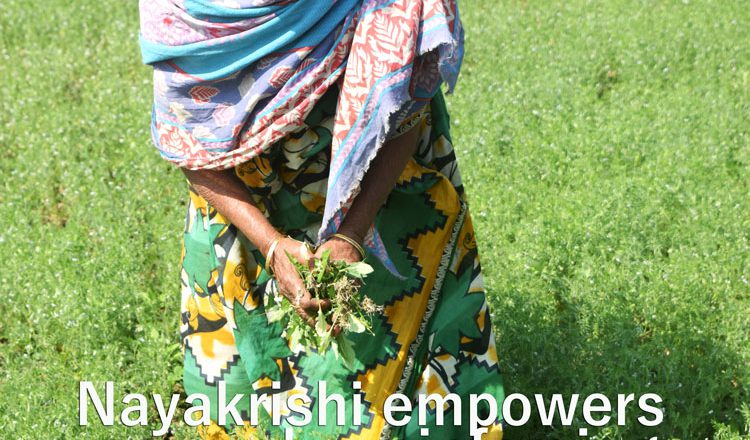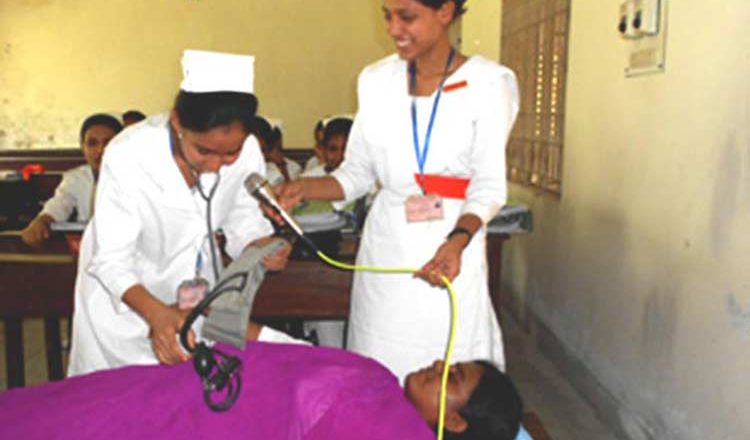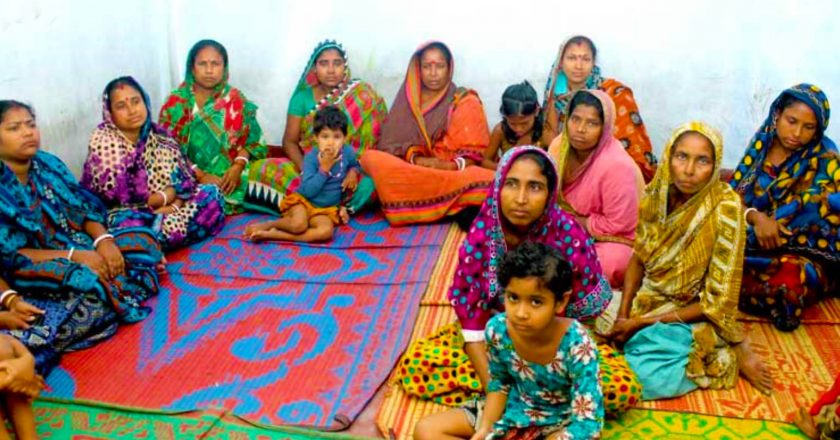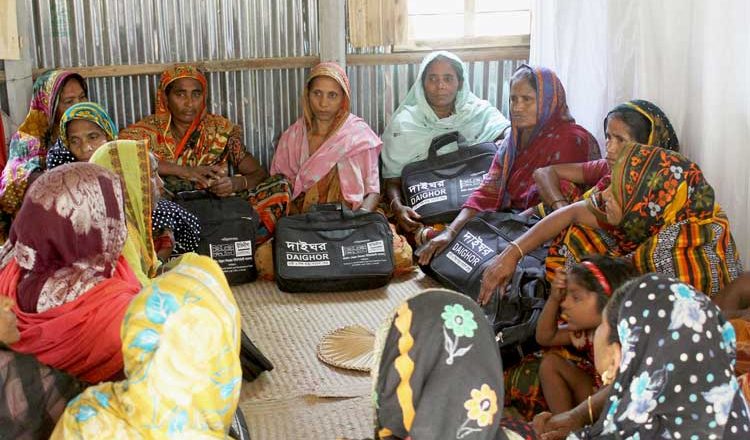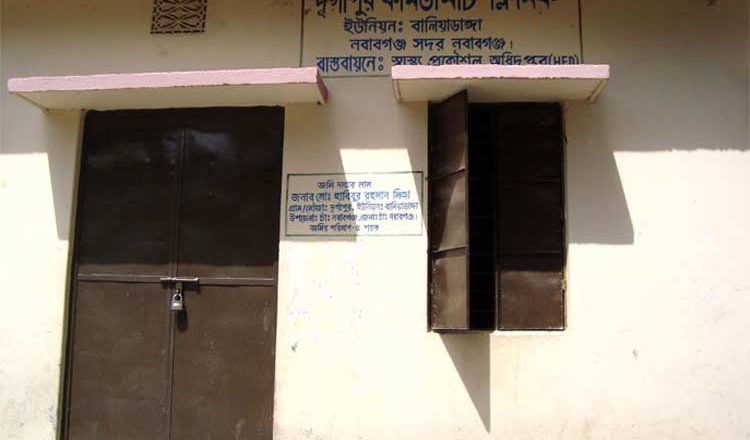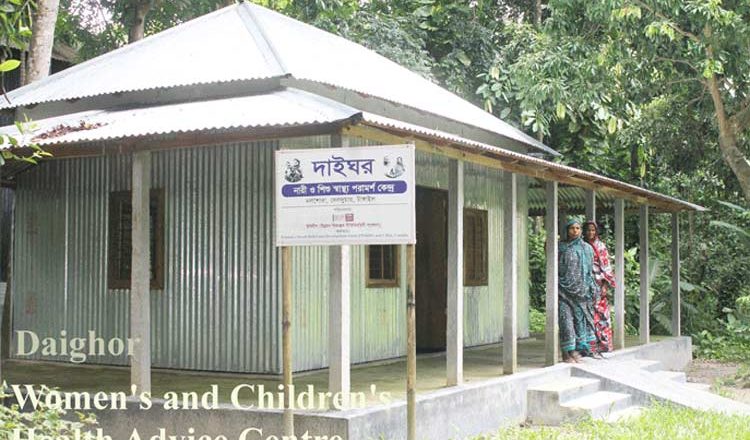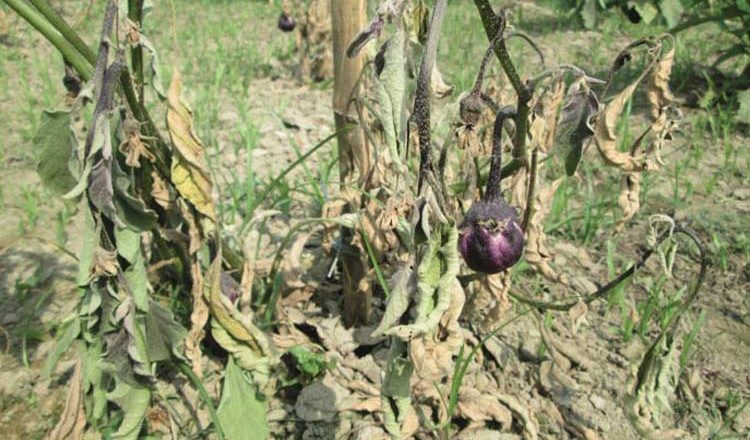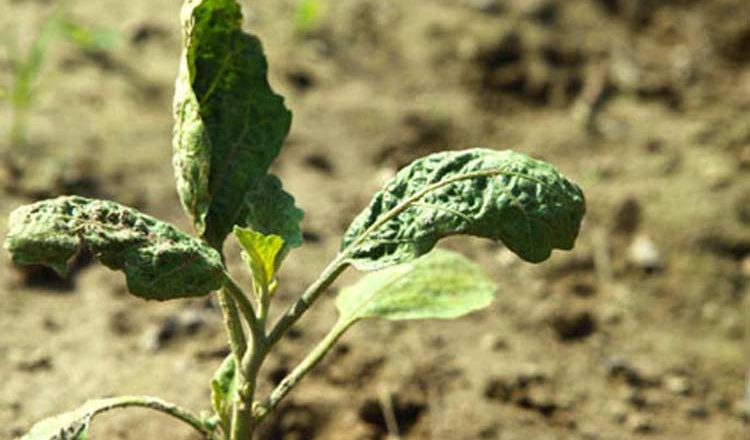Shasthya Andolon
Shashtya Andolon is a network of health activists, researchers, health practitioners, professionals environment and women's organisations. UBINIG is the secretariat of this network since its inception in 2000. Shashtya Andolon has been very effective in mobilising public opinion for a pro-people health policy to be declared and implemented by the government. It also organises campaign on public health issues by organising seminars, holding demonstrations etc.
